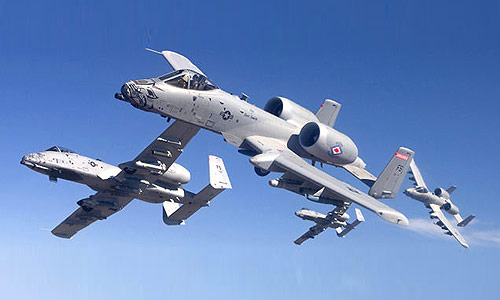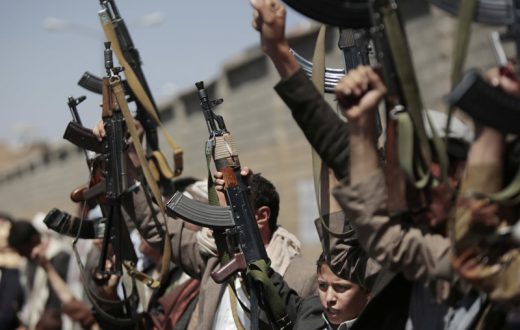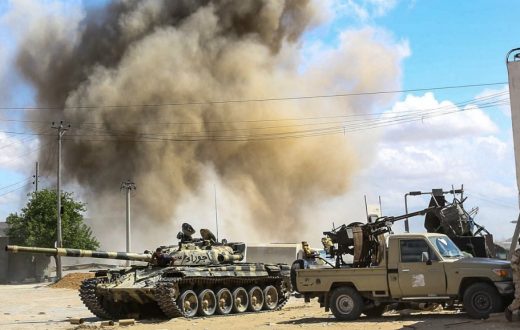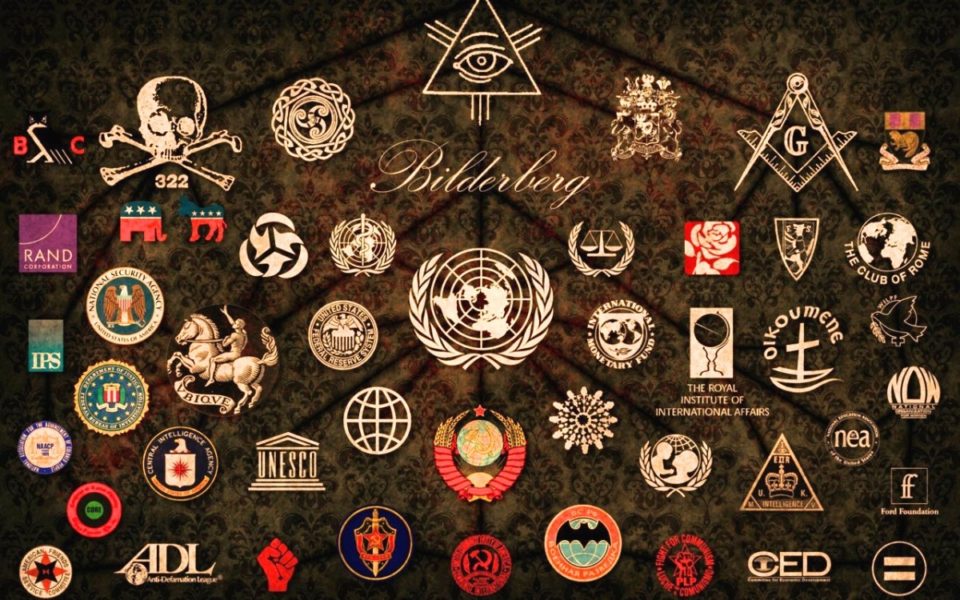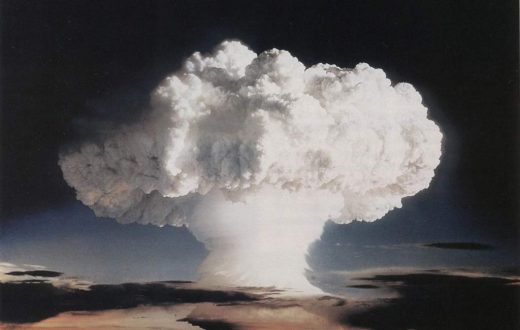Cold Start doctrine of Indian Army poses a threat to peace of subcontinent. The doctrine is intended Indian forces to cross the Pakistani border if Islamist militant interring Indian territories from the soil of Pakistan and attacks India. Recently, Indian Army chief General Bipin Rawat remarked that the Army hones Cold Start for Pakistan, has created many questions for the peace of South Asia.
Cold Start doctrine which Indian military establishment developed after terrorist attack on Indian parliament
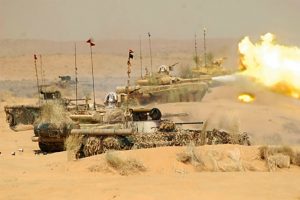
on 13 December 2001. The doctrine seeks for swift mobilization to undertake punitive strikes in response to acts of terrorism by Pakistan-based militant Islamist groups. It also enables Indian Army to cross the international border between Pakistan and India to punish Pakistan. According to the doctrine, Indian Army would launch attacks within 48 to 72 hours by eight to ten integrated battle groups together with large number of tanks and reserve infantry, already located along the border. Benefiting from surprise and divided military forces of Pakistan, Cold Start estimates that many of Infantry Battle Groups would pierce through Pakistani territories with in premises of 25 KMs to 70 KMs. This would allow the Indian civil and military leadership to call off the war quickly in a victorious position. The doctrine presumes that Indian offensive would not lead to heavy loss of Pakistan, and only holding small chunk of land of Pakistan would not give solid reasons to Pakistani authorities to cross nuclear threshold.
Indian government formally does not own Cold Start doctrine and categorically denies the existence of such doctrine. On the contrary, Indian Army does not reject it. Surprisingly, the new Indian Army Chief General Bipin Rawat openly said that the army hones Cold Start for Pakistan. From his viewpoint, PM Narendera Modi’s opinion and strategy become very clear. In 2015, during the Combined Commanders’ Conference, he
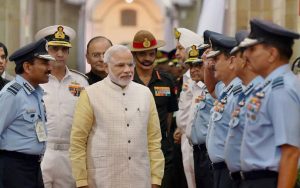
suggested that future conflict would become shorter and war would become rare. There would be international pressure in wars between two nations.
Since last year, the Indian ruling elites is constantly trying to convince everybody of their intention to apply Cold Start option to punish Pakistan. For example, the strong evidence of their purpose is the last year’s India’s ‘surgical strikes’ against Pakistan.
Security analysts, like Vipin Naranga and Walter C Landwing III, claimed in the Daily Hindu on 11 January 2017 that Indian military have not sufficient material and organization for applying the aggressive Cold Start doctrine. However, it gives enough opportunities to Pakistani Army to expand conventional and nuclear tactical weapons. In response to the Cold Start doctrine, Pakistan has developed a range of nuclear weapons which are highly destructive missiles like Hatf IX (“Vengeance IX”) which pose a barrier for any Indian military aggression against Pakistan.
It is misperception of military establishment of India that Pakistan would not resort to nuclear threshold in response to Indian aggression when it applies Cold Start doctrine.
Pakistan has declared that it will launch nuclear strikes, when a significant portion of its territory would be captured or is likely to be captured, or the Pakistani military suffers heavy losses.
Cold Start may be the Indian military establishment’s strategy intending to divert mind of Pakistani military establishment on finding ways to stop Indian blitzkrieg, because it is not feasible for India to carry on against nuclear power country.
Whatever are reasons behind development of Cold Start doctrine, whenever India uses the doctrine, it would be a catastrophic blunder of India. It is obvious that Pakistan would not sit silently; the Pakistani government will certainly launch nuclear strikes against Indian aggression.
Indian Army Chief General Rawat, officially recognizing the Cold Start on 6 January in his interview to the India Today, would create hypes of arms race in South Asia. It will heavily cost on exchequers of both countries pushing the population into abject poverty and hunger. Cold Start doctrine is not only dangerous for South Asia peace, but also poses a threat to the world peace. In this 20th century, nuclear war is not less than a monster which would engulf the whole world within few hours. Here silver lining is that both countries should realize that the terrorists are their common enemy. The policies of India and Pakistan give space to the terrorists to destroy the peace of South Asia. Pakistan and India should solve all outstanding disputes diplomatically. Rationality demands to discard the Cold Start doctrine.
The position and opinion expressed in this article are solely those of the author and do not necessarily reflect the official position of YoungDiplomats.

